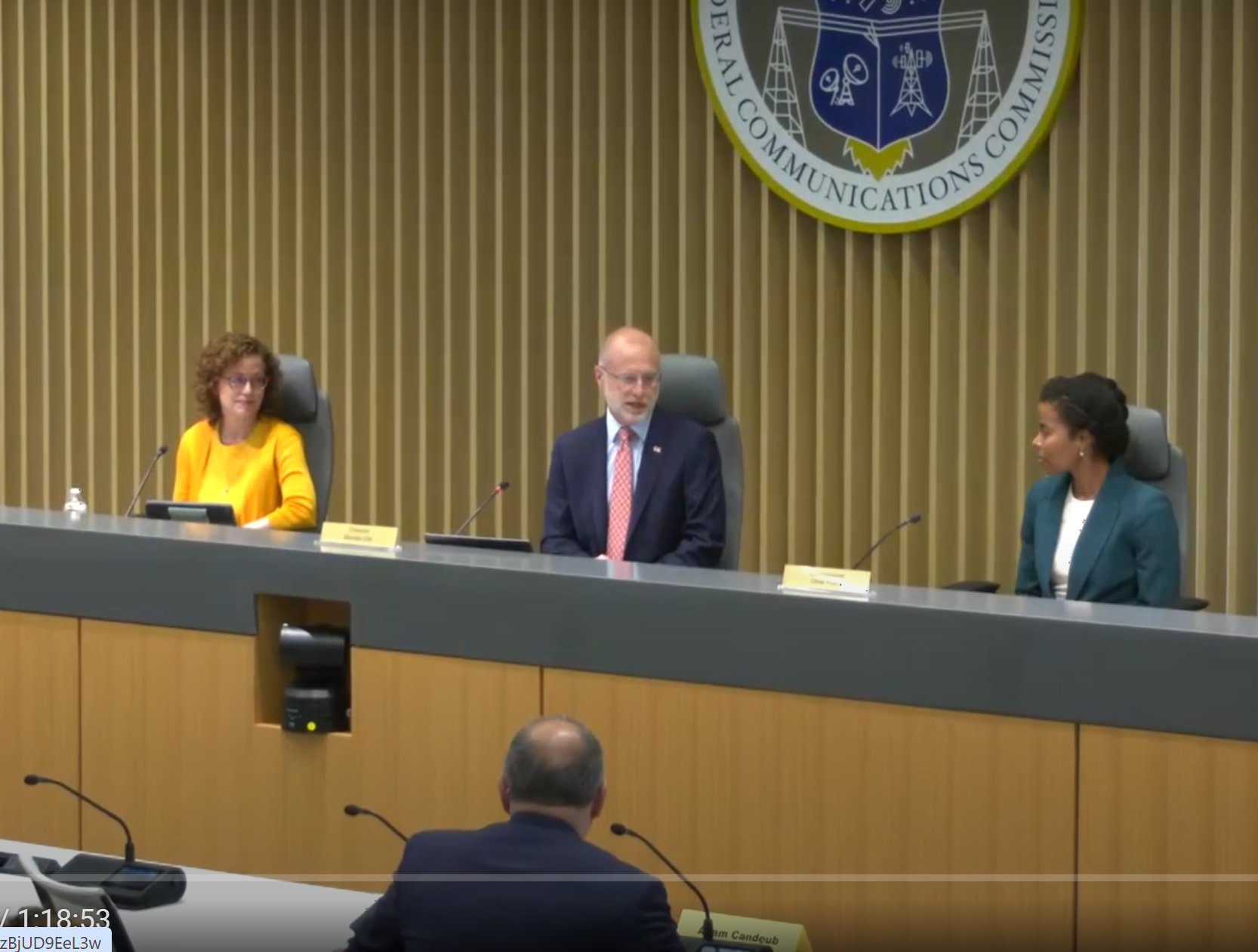Cable companies consider a world without "bundled" programming
Cable operators are considering an issue of “intense importance” that could have long ranging effects on their core business. That issue, according to the Wall Street Journal, is the unbundling of television programming.
Whether they like it or not, attacks on cable “bundling” have escalated and operators are faced with the distinct possibility that may have to move to a la carte distribution of television programs. New competitors such as Intel and Google are planning TV services that allow users to pick and pay for only those shows they want to watch.
”People should be able to build what they want and get what they want,“ Bartees Cox, a spokesman for consumer group Public Knowledge, told the Journal.
Cable customers and operators share similar concerns over rising costs. Cablevision Systems sued Viacom last week, accusing it of antitrust violations for forcing it to carry and pay for more than a dozen ”lesser-watched“ channels in order to offer the popular ones such as Nickelodeon and MTV. Viacom disputes the allegation.
“Without the ’take it or leave it’ requirements of bundled programming packages at a wholesale level, cable companies could tailor smaller and lower-priced packages that could offer flexibility and have great appeal to specific interests and audiences,” said Charlie Schueler, spokesman for Cablevision.
As cable costs rise, operators are pondering the future of bundling. Ending the practice would be costly for companies such as Time Warner, Viacom, News Corp and Walt Disney. Each relies on subscription fees from cable channels for a major part of their profits.
Disney generates more than $10 billion in revenue. Most of it from its owned ESPN channels, according to estimates from SNL Kagan, a market researcher. That’s about a third of the total $31.6 billion that’s expected to be generated this year, said Kagan. That figure excludes premium services such as HBO and broadcast outlets.
The professional video industry's #1 source for news, trends and product and tech information. Sign up below.
ESPN gets $5.54 per subscriber a month, while Viacom’s MTV gets 41 cents per subscriber. Niche channels get much less. MTV Hits, for instance, gets 2 cents, according to Kagan.
Pay TV operators are addressing the issue in various ways. Verizon’s FiOS service recently introduced “Select HD,” priced at $49.99 a month. That’s about $15 below the next-level package because it excludes expensive sports channels like ESPN.
Operators, however, can’t market these low-cost bundles too widely for fear of violating contracts with content providers. Contracts typically require that their channels reach 80 to 90 percent of their subscribers.
Other operators suggest creation of smaller bundles based on program genre. Viewers could pick and choose the types of programming they want to watch. For example, there could be a news bundle, a sports bundle or a family bundle.
Major media companies argue that unbundled programming would be bad for the consumer in the long run. “A la carte — maybe a little counterintuitively — raises prices and reduces choice because it increases the costs,” Mike Fricklas, general counsel at Viacom, told the Journal.
The conversation, Fricklas added, will change only if “cutting the cord” becomes a widespread reality. “As of right now,” he said, “the cable packages are expensive to some people but not so expensive that people aren’t choosing to subscribe.”
However, another pay TV executive told the newspaper that improved Internet distribution of video will eventually “force the change.”
